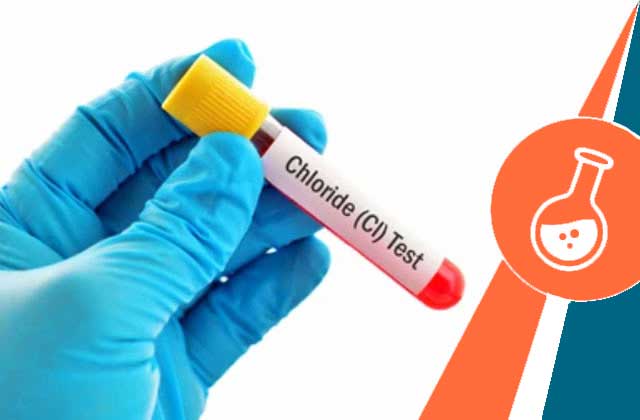
Purpose of a chloride test
A chloride blood test measures the level of chloride in the blood. Chloride is an important electrolyte that helps to maintain fluid balance, regulate blood pH, and transmit nerve impulses. A chloride test is often prescribed in conjunction with other electrolyte tests to monitor kidney function, evaluate electrolyte imbalances, or diagnose and monitor certain medical conditions.
Procedure for a chloride test
The test involves taking a sample of blood from a vein in your arm. The blood sample is then sent to our laboratory for analysis. Your healthcare provider will interpret the results of your chloride test and use it to make recommendations for your care.
Interpretation of chloride blood test results
Normal values for chloride in the blood are typically between 96 and 106 milliequivalents per liter (mEq/L). Abnormal levels of chloride in the blood can be caused by a number of factors, including dehydration, medication use, hormonal imbalances, and certain medical conditions.
If chloride levels are too high (hyperchloremia) or too low (hypochloremia), it can lead to serious health complications such as acid-base imbalances, electrolyte disturbances, and dehydration. Treatment for abnormal chloride levels may include fluid and electrolyte replacement, medication adjustments, and addressing the underlying cause.
Importance of chloride balance for overall health
Chloride is an important electrolyte that plays a crucial role in maintaining overall health. It helps to regulate the body’s acid-base balance, maintain proper hydration, and transmit nerve impulses. Here are some specific reasons why maintaining a balance of chloride in the body is important for overall health:
- Acid-base balance: Chloride helps to maintain the body’s acid-base balance by working in conjunction with other electrolytes, such as sodium and bicarbonate. When the body produces excess acid, chloride ions move out of the cells to help neutralize the acid and maintain a healthy pH balance.
- Hydration: Chloride plays a key role in maintaining proper hydration levels in the body. Along with sodium and potassium, chloride helps to regulate the movement of fluids in and out of cells, which is critical for maintaining proper hydration levels.
- Nerve impulse transmission: Chloride is involved in the transmission of nerve impulses throughout the body. Specifically, it helps to generate electrical impulses that are necessary for muscle contraction and other physiological processes.
- Digestion: Chloride is an important component of stomach acid, which helps to break down food and kill harmful bacteria in the digestive tract.
- Kidney function: Chloride is closely tied to kidney function, as the kidneys play a key role in regulating the body’s chloride balance. If chloride levels become imbalanced, it can negatively impact kidney function and lead to other health problems.
Overall, maintaining a balance of chloride in the body is important for proper physiological function and overall health. Imbalances in chloride levels can lead to serious health complications
More Related Tests
Why To Book with HealthCareOnTime

17 Crores+ Samples Processed

World Class Technology Labs

25+ Years of Trust & Experience

Free Home Collection
FAQs Around Chloride Blood Test
How much does Chloride Blood Test cost?
The Chloride Blood Test cost is Rs.300, although it is now available for Rs.200 because of the offer.










